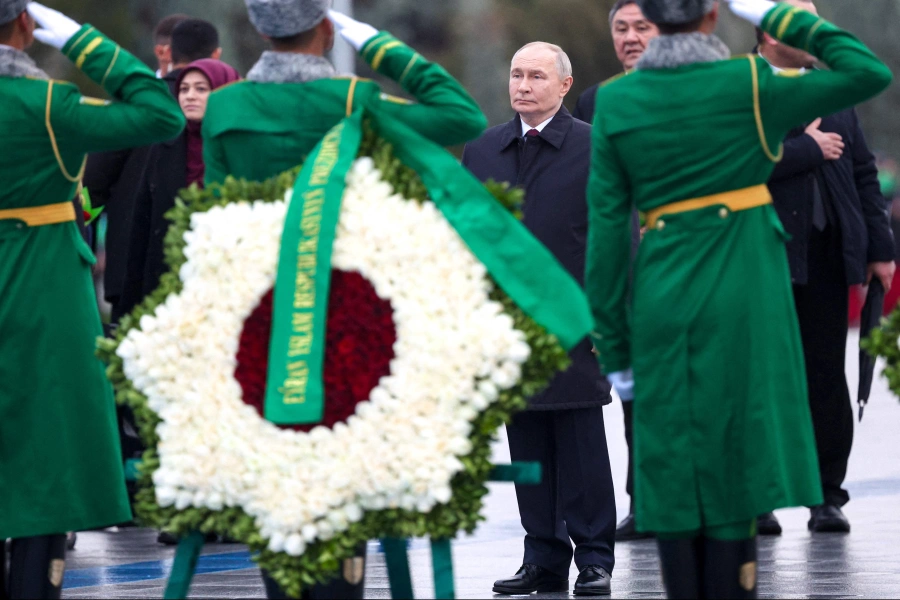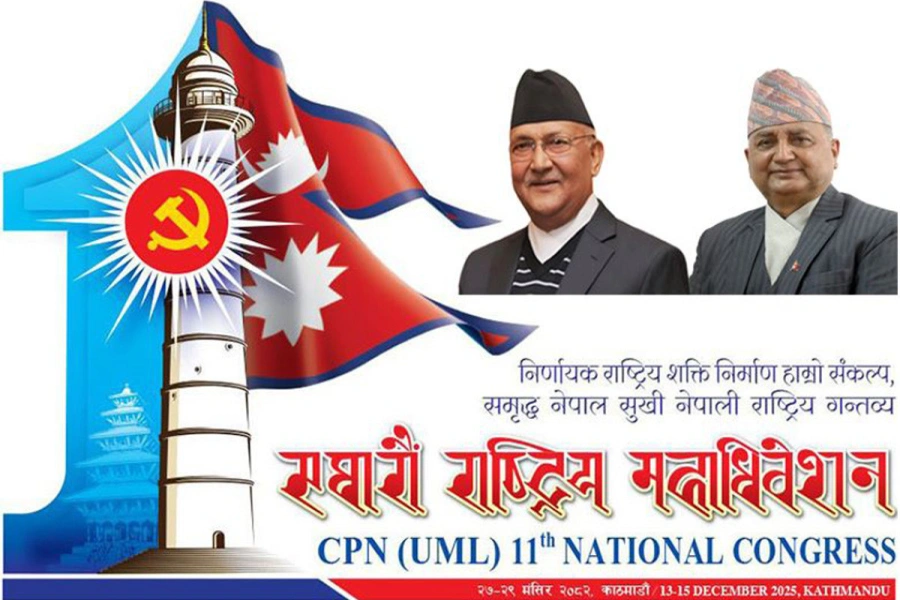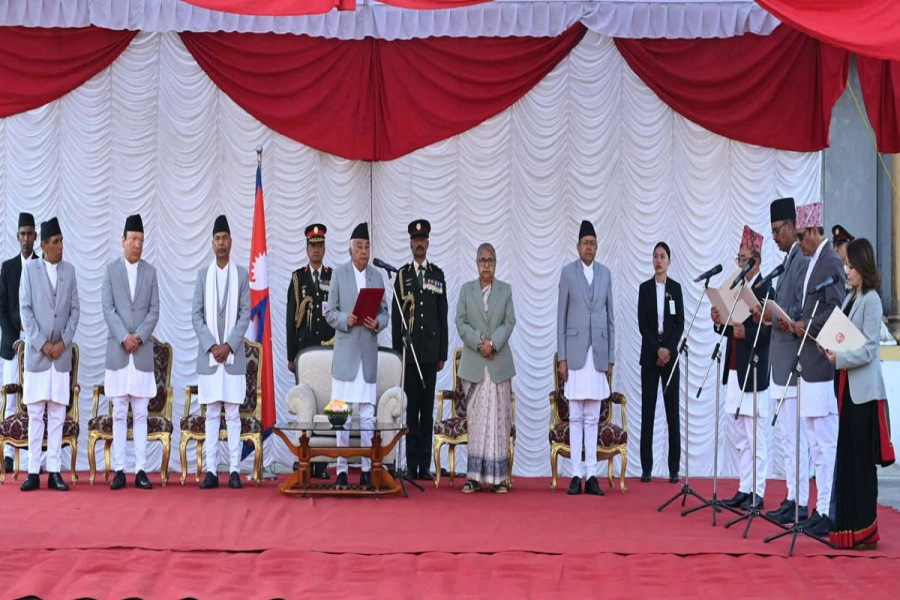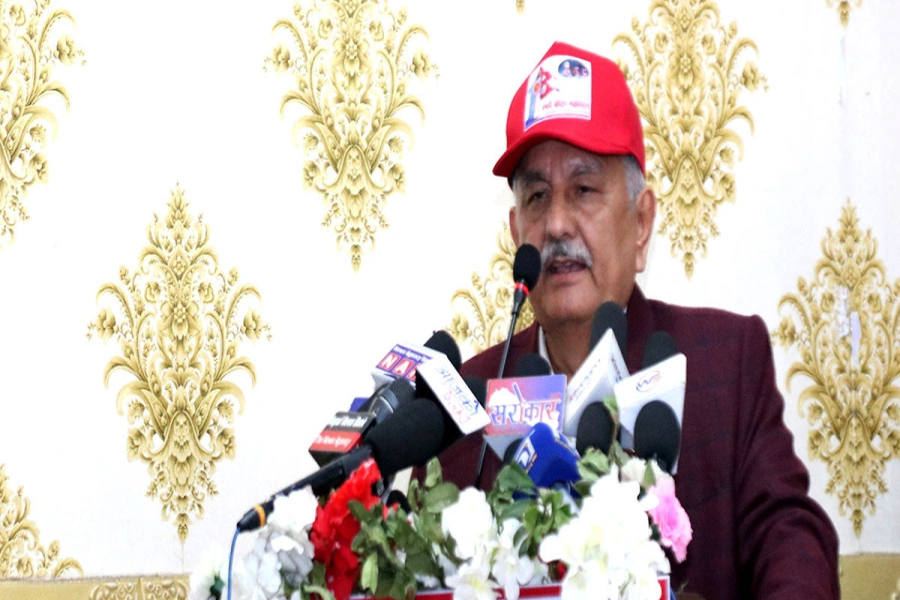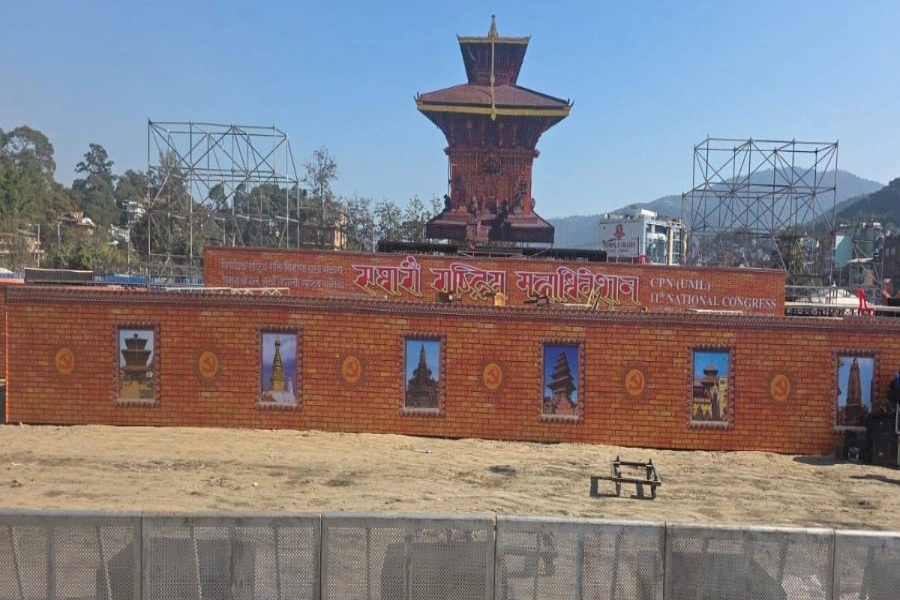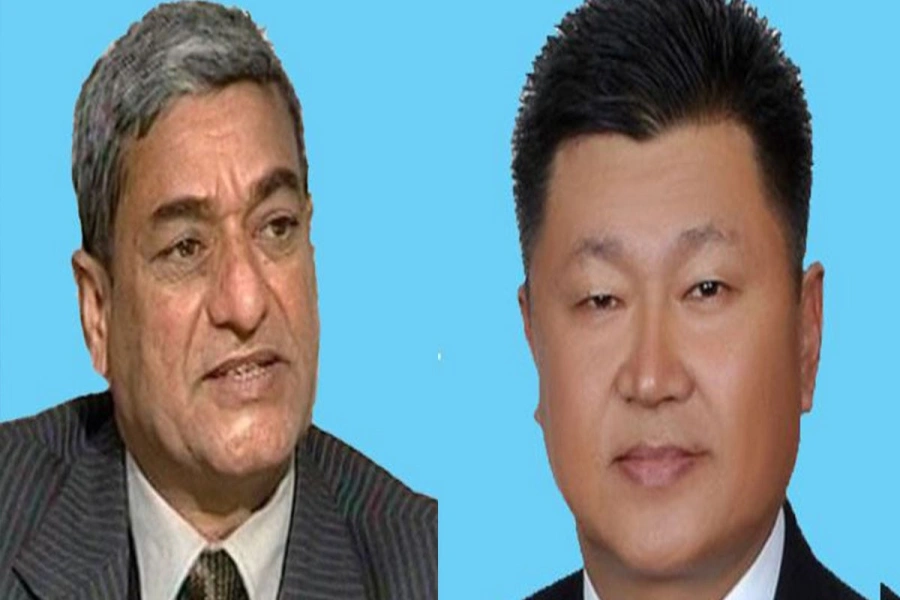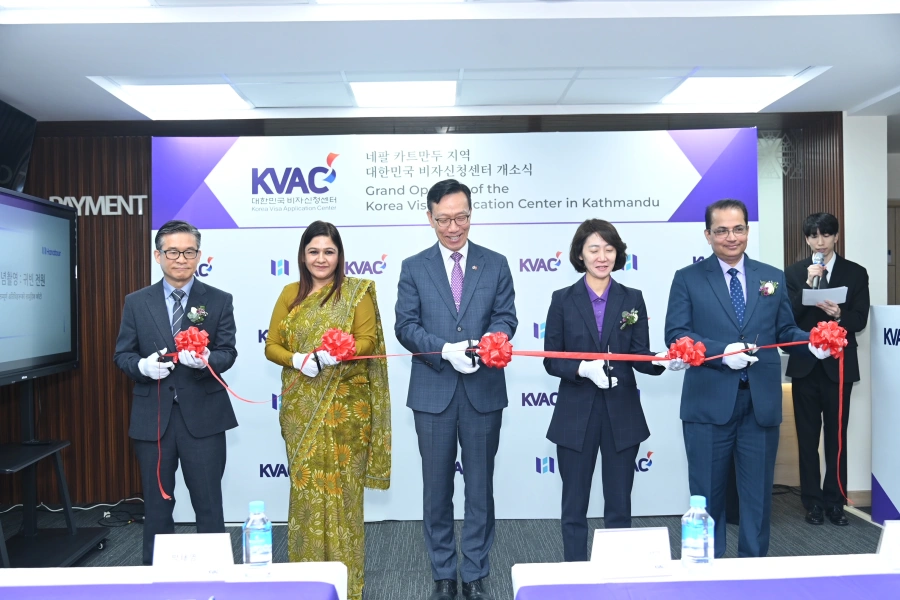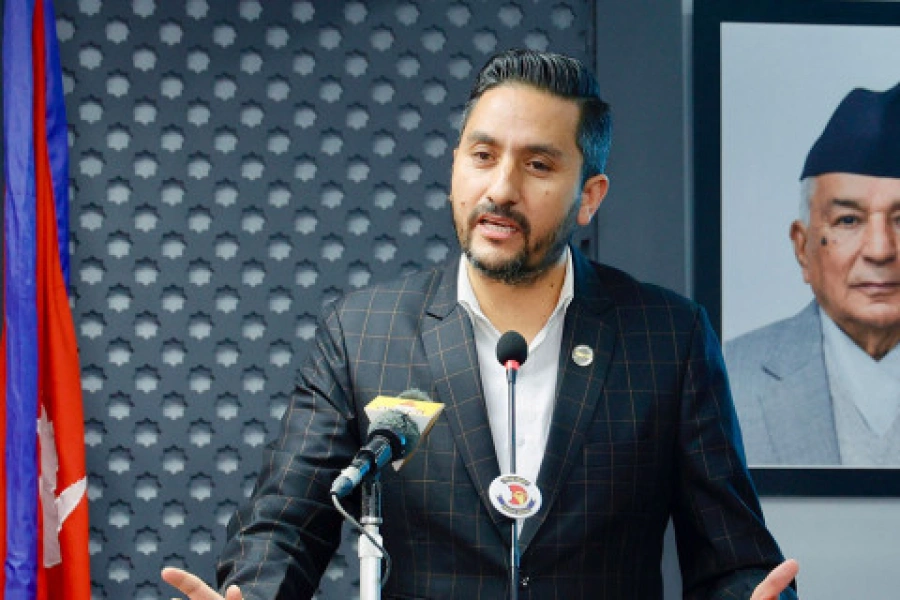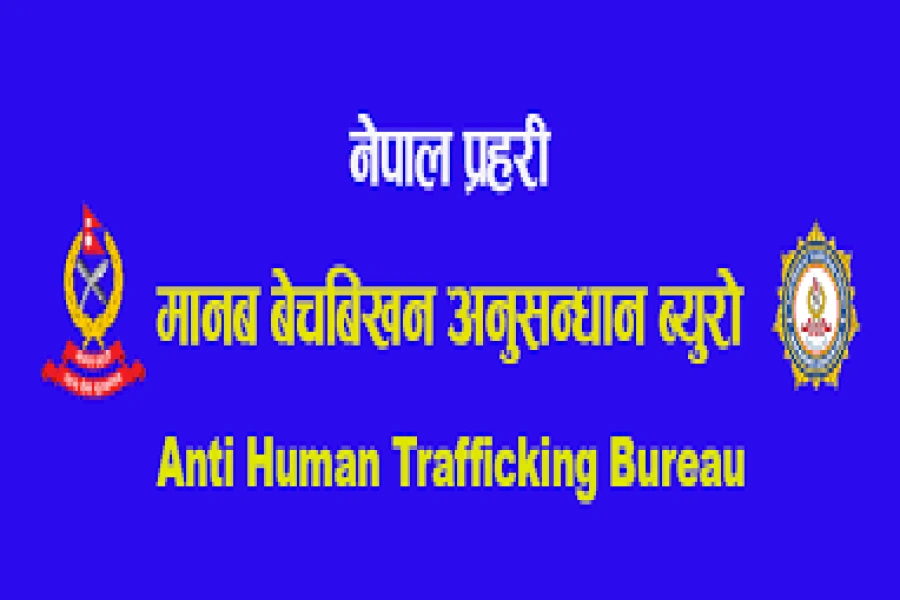It seems even divine intervention couldn’t save Modi’s party from losing face.
Nepal has long been a Hindu-majority country, but the signing of the Comprehensive Peace Agreement between the Maoists and the political parties in 2006 marked a pivot towards secularism.
The verdict is in—by now, we have all seen the news about the much-awaited results of the Indian Lok Sabha elections. While the National Democratic Alliance (NDA) remains victorious with the Bharatiya Janata Party (BJP) leading the coalition and securing the highest number of seats compared to the entire Indian National Developmental Inclusive Alliance (INDIA) opposition coalition, this victory is hardly cause for celebration. Why? Because the overly ambitious slogan “ab ki bar, 400 paar” chanted by the BJP up until the election did not come close to achieving even 250 seats. After 10 years of sole BJP rule, India now transitions to a coalition government again, but without the 400+ seat majority that had been teased by exit polls just days before the election.
Notably, BJP saw its grip slip in areas where it had expected to be competitive, such as Uttar Pradesh, Rajasthan, Maharashtra, and Haryana, where it suffered significant losses. This reduced its seat count from 303 in 2019 to 240. Now, the BJP is leaning on its coalition partners—the Telugu Desam Party (TDP) and Janata Dal (United)—to hold onto a narrow win with 293 seats. Meanwhile, defying all predictions, the INDIA bloc has secured 233 seats, with the Congress party nearly doubling its 2019 tally to secure 99 seats.
Mainstream Nationalism vs. Regional Nationalism

The most significant symbolic, and ideological defeat for the BJP and Prime Minister Modi arguably occurred in Faizabad, home to Ayodhya. Just six months prior, Modi had inaugurated the Ram Mandir at a highly contested site there. Throughout his tenure, Modi has skillfully rallied his right-wing Hindu base with communally charged campaign rhetoric, often framing the “other” as “infiltrators” and espousing anti-Muslim sentiments. Such sentiments, along with many ‘havans’ ahead of Lok Sabha election results could not help BJP secure a majority in the parliament. It seems even divine intervention couldn’t save Modi’s party from losing face.
Why did the BJP lose in Faizabad, and what are the implications for Nepal? One reason may be because the development of Ram Mandir in Ayodhya, which is within Faizabad, led to significant local displacement. Many residents living some kilometers from the temple lost their homes, lands, businesses to make way for this project, often without receiving proper compensation and this may have caused resentment among the voters.
While BJP’s loss can be attributed to various factors beyond a campaign that stoked religious and identity divisions—including a lack of formal job opportunities, economic challenges that persist despite India’s lauded economic boom, rising inflation, widening income inequality, and high youth unemployment—I am particularly focused on the implications of Faizabad’s results. Here, the BJP’s drive to establish a majoritarian Hindu-nationalist state did not achieve the anticipated success. This outcome is crucial for Nepal, where the reverberation of the BJP’s open endorsement of Hindu nationalism has been increasingly felt in recent years. A majority BJP victory might have further solidified this trend.
While it is too early to determine the full impact, one thing is certain: the BJP no longer dominates the narrative unchallenged, and pushing a religious agenda aimed at reinstating Hinduism in Nepal could encounter obstacles. For Nepali leaders, this means they must adeptly manage relationships with both India’s ruling and opposition parties, and at the same time, navigate the domestic currents for and against a Hindu-nation.
Nepal has long been a Hindu-majority country, but the signing of the Comprehensive Peace Agreement between the Maoists and the political parties in 2006 marked a pivot towards secularism. This effort was solidified in 2007 when the interim constitution declared Nepal a “secular state,” affirming the freedom to practice one’s religion. However, this freedom has been increasingly under threat since Narendra Modi’s rise to power in India and his promotion of the “Hindutva” project.
In Nepal, the Rastriya Prajatantra Party (RPP) has been at the forefront of the movement to reinstate the monarchy and declare Nepal a Hindu nation again. In the 2022 Nepali parliamentary elections, the RPP won almost 6% of the vote, a notable increase from the 2% in 2017. The RPP is not alone in its demands for a Hindu state; there has been a growing wave of support for this idea across the country. For example, the Nepal Janata Party ideologically aligns itself with India’s BJP, and even individuals like Rabindra Mishra, a renowned journalist-turned-politician, have shifted allegiances. Mishra left the Bibeksheel Sajha Party, intended as a political alternative, to join the RPP in 2022, a party committed to abolishing federalism in Nepal.
Also surprising were events when KP Sharma Oli, upon becoming Prime Minister in 2021, was the first communist leader to worship at the Pashupatinath temple, a Hindu-holy site in Kathmandu, and he also donated $2.5 million of government funds to the temple. Another instance that shocked everyone was when the “revolutionary” communist leader and current Prime Minister, Prachanda, draped himself in saffron robes and visited temples in India during a trip aimed at appeasing the BJP government—reportedly as part of his “cultural diplomacy” to garner favor with Modi. Regardless of the reason, this not only had repercussions within the country as it signaled that Hindutva politics were welcome to take root in Nepal, but it also demonstrated how deeply entrenched the BJP’s power is and the vastness of its Hindutva agenda.
This influence is so pervasive that even the Nepali Congress, a party founded on democratic values and a strong commitment to secularism has not been immune. Continuing this trend, NC Chief Sher Bahadur Deuba visited Varanasi, a significant Hindu holy site in India, during his 2022 trip. More recently, a group of Nepali Congress leaders, led by lawmaker and central committee member Shankar Bhandari, has been campaigning for the party to adopt an agenda that would reinstate the Vedic Sanatan Hindu state.
This shows that Hindu sentiments—whether from right-wing factions advocating for Nepal to be reinstated as a Hindu nation, or from communists and Congress leaders merely trying to placate the Modi government to remain in its good graces—are widespread in Nepal. Therefore, the BJP’s loss of a majority serves as an important lesson for all these parties and leaders. Running an election campaign on divisive rhetoric along religious and identity lines may not get you very far. The outcome of the Indian elections is a clear indication that people are seeking reforms that genuinely improve their lives and desire leaders who focus on pressing issues like corruption, inflation, and unemployment, which directly affect their daily living. While it is too early to predict the full impact and significant changes may not be immediately apparent, these results undeniably highlight the risks and costs associated with pursuing a narrow and divisive agenda.




